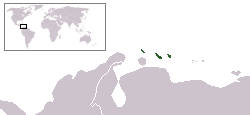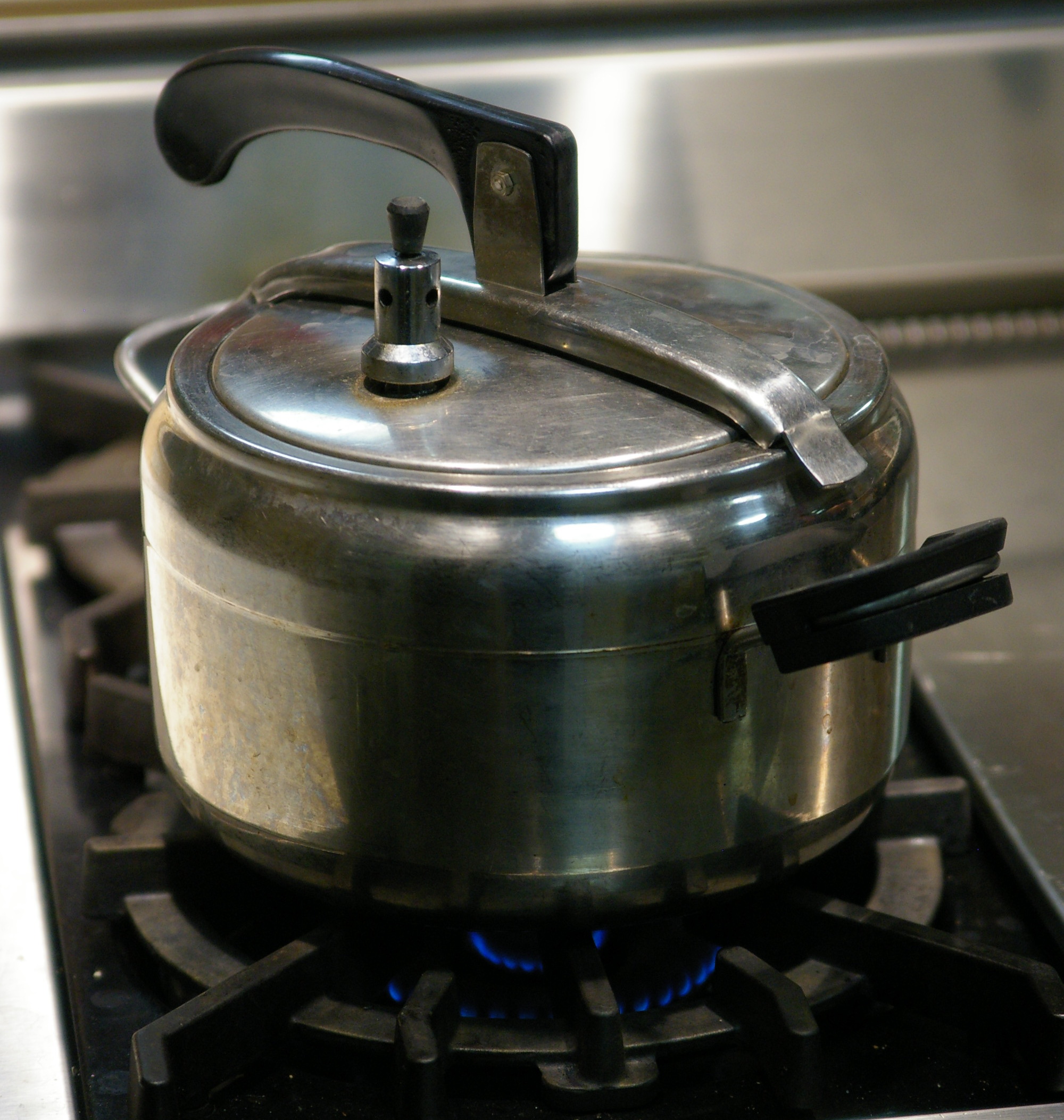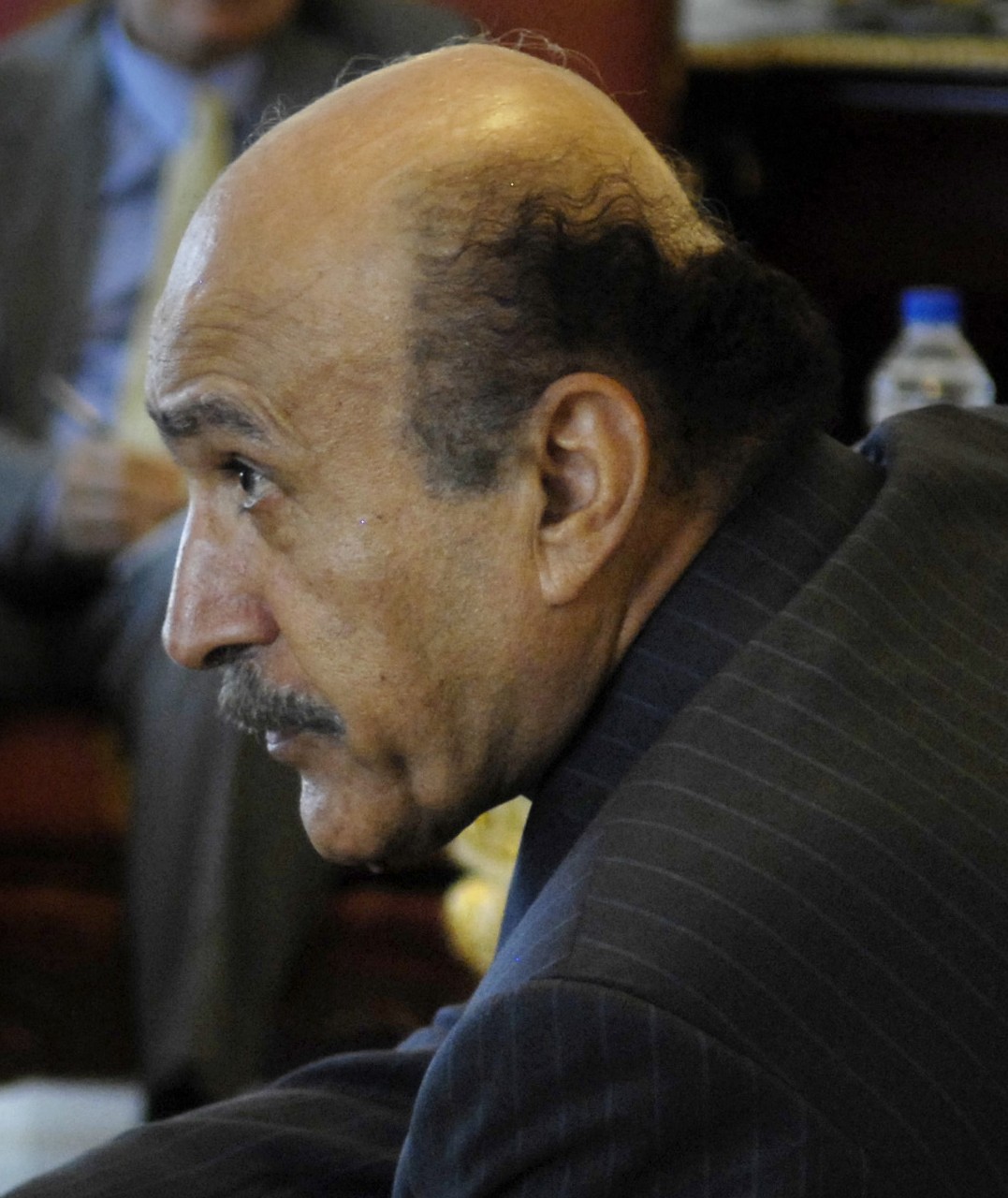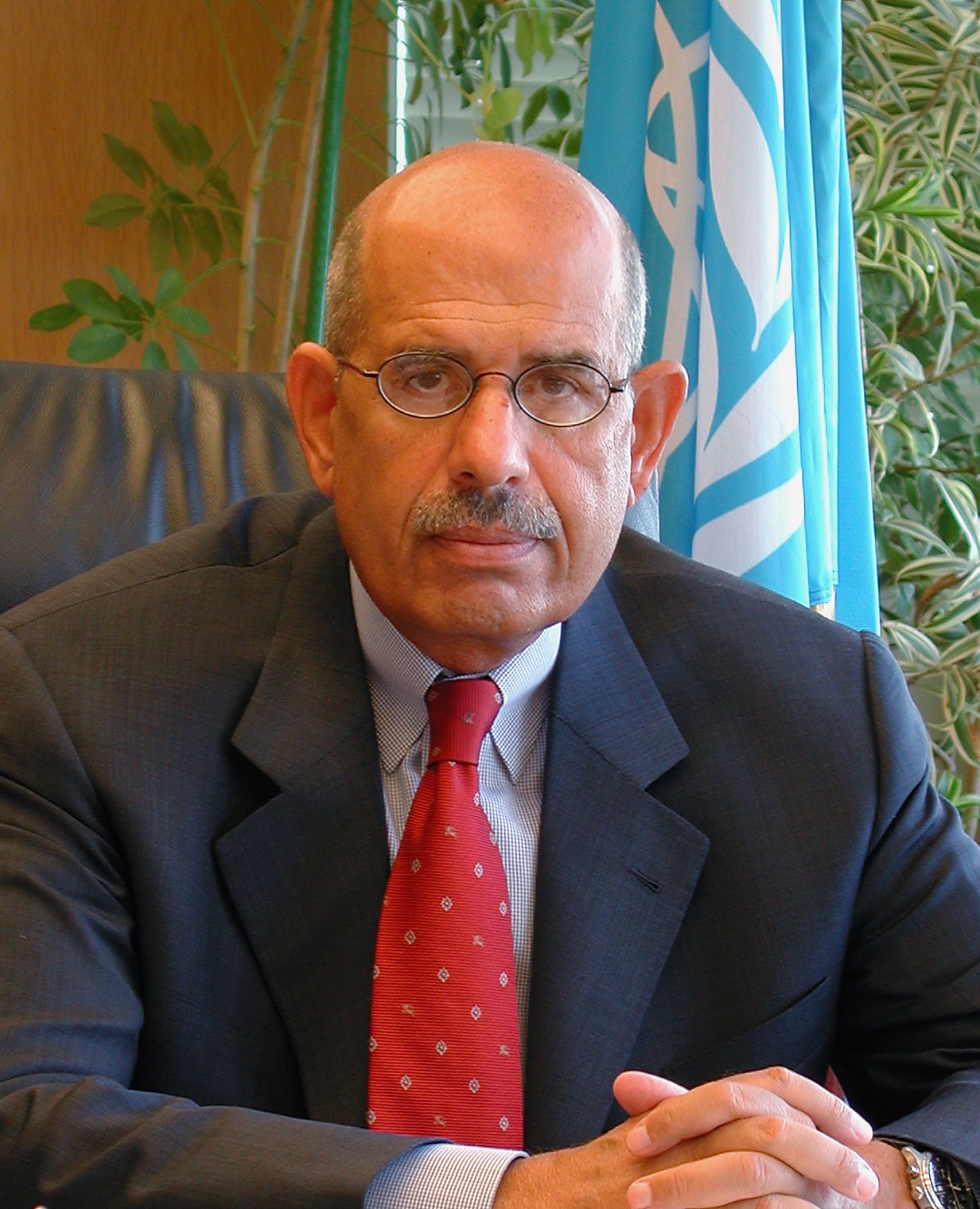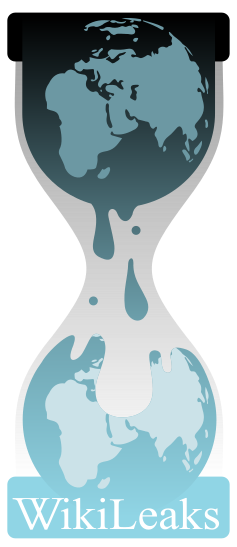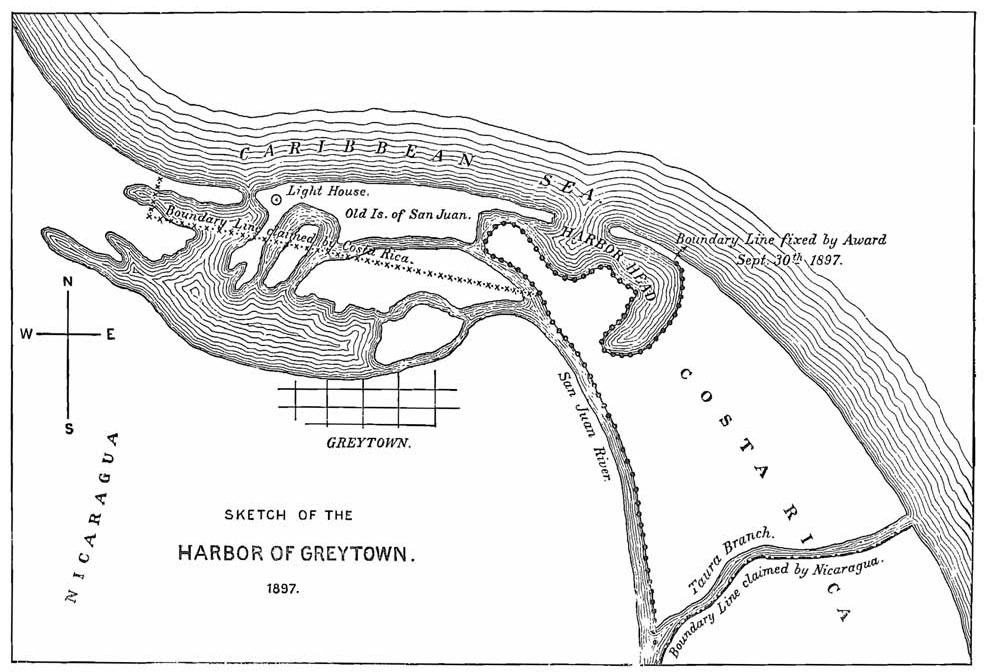 |
| Putin's Palace |
I recently read Catherine Belton's Putin's People. I can recommend the book about how the ruling class in today's Russia came to be and how it is interacting with the West.
I do not agree with everything journalist Catherine Belton writes there. Still, I think she presents a huge amount of insights and hypothesis from which we can start many interesting discussions. Her statements should be considered in political circles in the EU, in Britain and in the rest of the West.
Other specialists on Russia like Mark Galeotti have a different stance, they consider Putin's Russia is above all an adhocracy and they think the siloviki, the members of the security apparatus in Russia, are not that powerful and rather a bunch of improvisers.
For me, the discussion whether Putin and his cronies came and remain in power as part of a master plan conceived by the KGB or whether the current situation is the result of a chain of trials and errors by some thuggish clan is less interesting than getting to know more details about what the siloviki have been up to in general.
Michael Kimmage wrote a rather negative review of Belton's book, which you can read it here. I bought the book after reading that review, I agree with some of Kimmage's points and yet I still found the book invaluable. Perhaps it is because I think most people can discern what is sheer speculation, what falls into the realm of cliches and what are actual facts or very probably facts. When I read a book that is on politics I do not expect to find a single idea explaining how some part of the universe came to be but get some pieces of concrete information and some possible explanations I can judge upon.
You can watch some interviews with Belton in English here and here and in Russian here. I particularly liked the interview in Russian as the one doing the interview is taking the view of a Russian. You can read a more positive review on the book here and another one here by Princeton historian Stephen Kotkin. You can find many more on the Web on your own.
Some of the things I like, in no particular order:
- there are references galore one can check out. Even if there are many anonymous sources and a lot of statements from individuals who are clearly biased against the ones in power in Russia now, there are also a lot of other sources one can delve into in order to judge by oneself
- there is a lot of information about Igor Sechin, the Gazprom man.
- Gazprom appearance and expansion is explained in full detail. Admittedly, there is too much of a Khodorkovsky perspective but again, I think any person who has been interested in Russia for some time can separate the wheat from the chaff here.
- there are interesting pieces about the role of former Stasi members in the relationships between Europe and Russia. It is not only Matthias Warnig but Martin Schlaff and some others.
- also some background on Nikolai Patrushev.
- one can also read a lot of interesting information about the Beslan and Moscow Hostage crises
All in all, Belton's book is worth reading.




